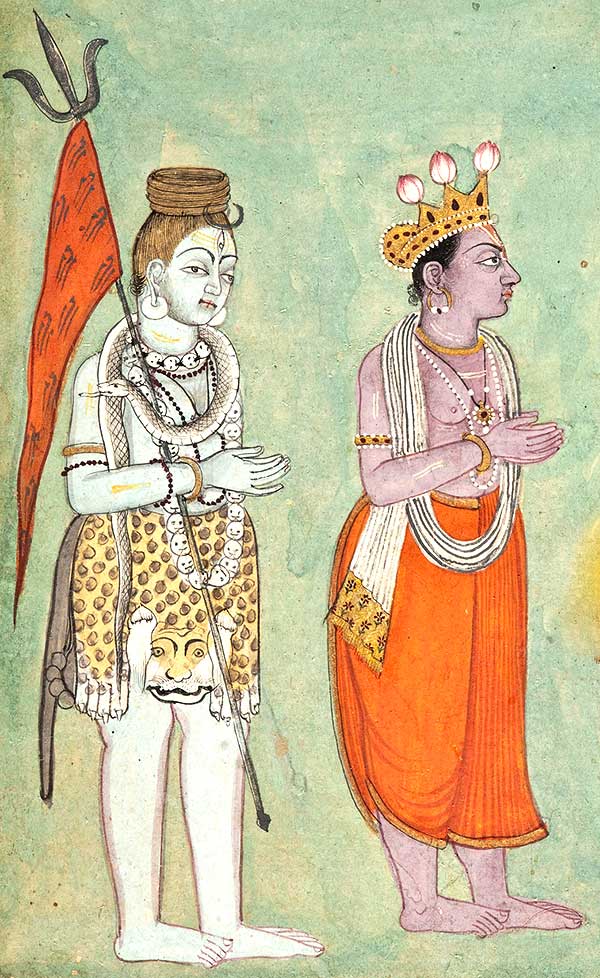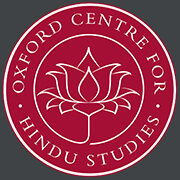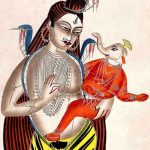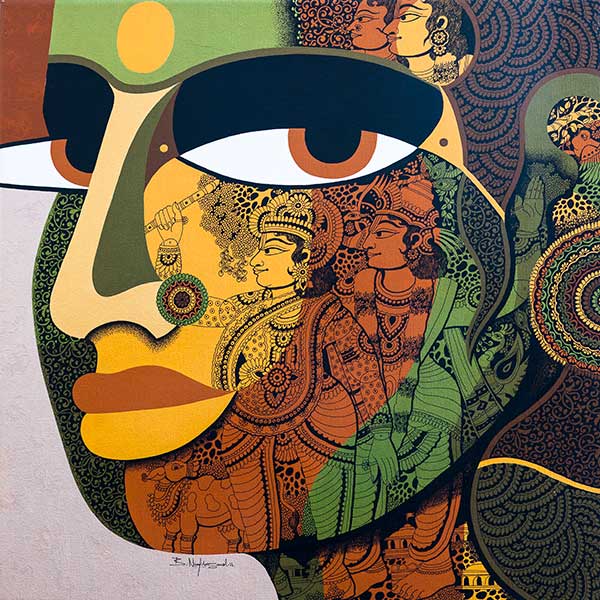Shaivism
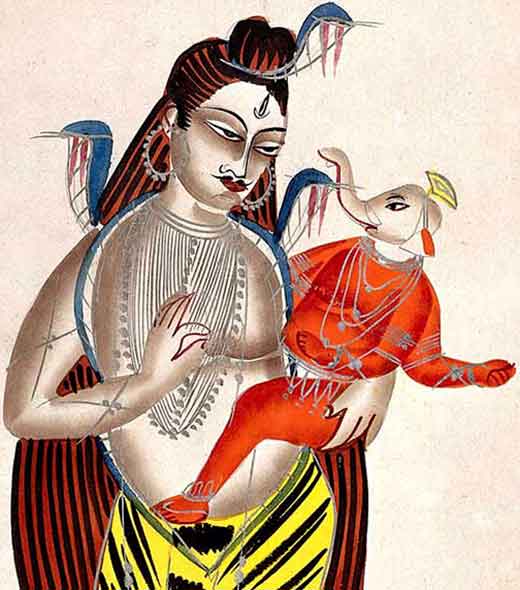
Shaivism is a major strand of Hinduism that celebrates Śiva, also known as Rudra, as the Supreme Being. If you are interested in Shaivism and the representation of Śiva within Hinduism, then this expertly curated course is perfect for you.
In this course, we look at the position of Śiva and his followers in Hinduism. Almost all Hindus show reverence for Śiva. However, there is one strand of Hinduism that sees Śiva as the Supreme Deity. Who is Śiva? Who are his worshippers? What is the history of Śaivism? And what are the fundamental texts and practices of this tradition?
All of our courses are planned, prepared and delivered by scholars with a huge wealth of knowledge on Hinduism that they’re eager to share with you. They are an enthusiastic team of experts who will guide you through our online courses, providing you with all the support you’ll need.
If you’d like to see the outline of the course in more detail, then please watch the course video and read through the course overview below. And, for more detail on how our courses work, along with other helpful information, please click here.
Start Date: 27 July 2025
Course Duration: Nine Weeks
206 pages
On-Demand Video
The main video component of your course. On-demand means you can watch at the time that suits you.
10hr 2min
Campus-wide Zoom sessions
These free Zoom sessions are not part of your main course materials. They are open to students enrolled in any course.
Explore other areas of Hindu studies! Meet tutors and students from other courses!
Monday 4 August 12noon
Tuesday 12 August 2pm
Wednesday 20 August 3pm
Thursday 28 August 5pm
Sunday 7 September 6pm
These are all UK times. Recordings are available for any sessions you miss
Session One: The Vedic Deity
We begin with the representation of Rudra (Śiva) in the hymns of the Vedas. We will see the the dual identity of Rudra as both destructive and benign. This helps identify the divine with the human experience of the natural world. We pay particular attention to the Śata–Rudriya prayers of the Yajur-veda.
Session Two: The Śvetāśvatara Upaniṣad
We continue our consideration of Vedic texts with a careful analysis of the Śvetāśvatara Upaniṣad. This text is unique amongst the major Upaniṣads because it elevates Śiva to the position of the Supreme Deity who creates and controls the entire world.
Session Three: Śiva in the Mahābhārata
We now move on to consider Śiva as represented in the Mahābhārata. Although the Mahābhārata is generally regarded as having a Vaiṣṇava orientation, Śiva also plays a significant role. The thirteenth book of the Mahābhārata contains important passages dedicated to Śiva as the Supreme Deity who is worshipped by Kṛṣṇa.
Session Four: Śiva in the Purāṇas
We consider another early Sanskrit work, the Śiva Purāṇa. This text offers a detailed insight into the sacred lore of Śaivism and establishes the iconography of Śiva found in countless carvings, paintings, and posters. Within the Śaivite traditions we find many stories of the acts of Śiva as the creator, protector, and destroyer of the world. We also learn of his marriage to Pārvatī and the birth of their two sons, Skanda and Gaṇeśa.
Session Five: Āgamas, Pāśupatas, Kālāmukhas, and Kāpālikas
We begin our study of Śaivism as it has developed into its present form. We start with a discussion of the Śaiva Āgamas. These are the most authoritative works for contemporary Śaivites, who regard them as above even the Vedas. This leads us to the Śaivite ascetics who are still a common sight in India today. Our study of Śaivite asceticism will focus on the Pāśupatas, the Kālāmukhas, and the Kāpālikas: the Kāpālikas being notable for their transgressive practices and their position outside of more conventional Hindu belief and practice.
Session Six: The Poetry of the Nayanars
We turn our attention to the Śaiva Siddhānta tradition that has its main centres in Tamil Nadu. We start by focusing on the prayers of the Nayanars and the accounts of their lives as narrated in the Periya Purāṇa. The Nayanars are notable for their intense devotion to Śiva displayed in their poetic writings. Special attention is given to the hymns of Appar, Sambandhar, Sundaramurti, and Manikkavachakar. As the Nayanars frequently refer to their wanderings from one shrine to another, we will also take the opportunity to consider worship in the temples dedicated to Śiva.
Session Seven: The Śaiva Siddhānta
Staying with Tamil Śaivism, we move on to the teachings of the theologians of the the tradition, the Śaiva Siddhānta ācāryas. We pay particular attention to Meykandar’s Śiva–jñāna–bodham and the writings of Umāpati. We begin with a brief look at Śrīkaṇṭha’s commentary on the Brahma Sūtras and Tirumular’s advaitic contribution to the Śaiva Siddhānta. This leads us to the writings of later ācāryas whose work is closely related to the devotional outpourings of the Nayanars.
Session Eight: The Vīraśaivas of Karnataka
For our eighth session, we move west, from Tamil Nadu to Karnataka. We consider the beliefs and practices of the Vīraśaiva sect, a prominent Hindu tradition in that region. We examine their origins and the social reforms introduced by Basavanna. Then we examine the vachanas composed by Basavanna, Allama Prabhu, Mahādevī Ākkā and others, which express their beliefs about a range of social and spiritual issues. We also discuss the present-day rituals of the Vīraśaivas.
Session Nine: Kashmir Shaivism
We conclude with a discussion of the ideas revealed by the teachers of Kashmir Śaivism, particularly Vasugupta, Abhinavagupta, and Kṣemarāja. The best known expression of advaitic (non-dual) philosophy is certainly the Advaita Vedānta of Śaṅkarācārya, but Kashmir Śaivism give us an alternative form of advaita that stands in contrast to Śaṅkara’s teachings. In this session we will also consider the history of Kashmir Śaivism and its position in the modern world.
Your Tutor

Gitte Poulsen
Gitte has a Masters in Religious Studies from Aarhus University, Denmark but has completed most of her studies in Varanasi, India, and as a visiting student at the Oxford Centre for Hindu Studies. Gitte’s focus is on Yoga, Tantra, and Sanskrit. She is also a dedicated practitioner of āsana and prāṇāyāma. She manages the OCHS Kathmandu Office where she oversees the daily operation and focuses on Nepali and Newari language as well as Śākta traditions among the Newar community of The Kathmandu Valley.



